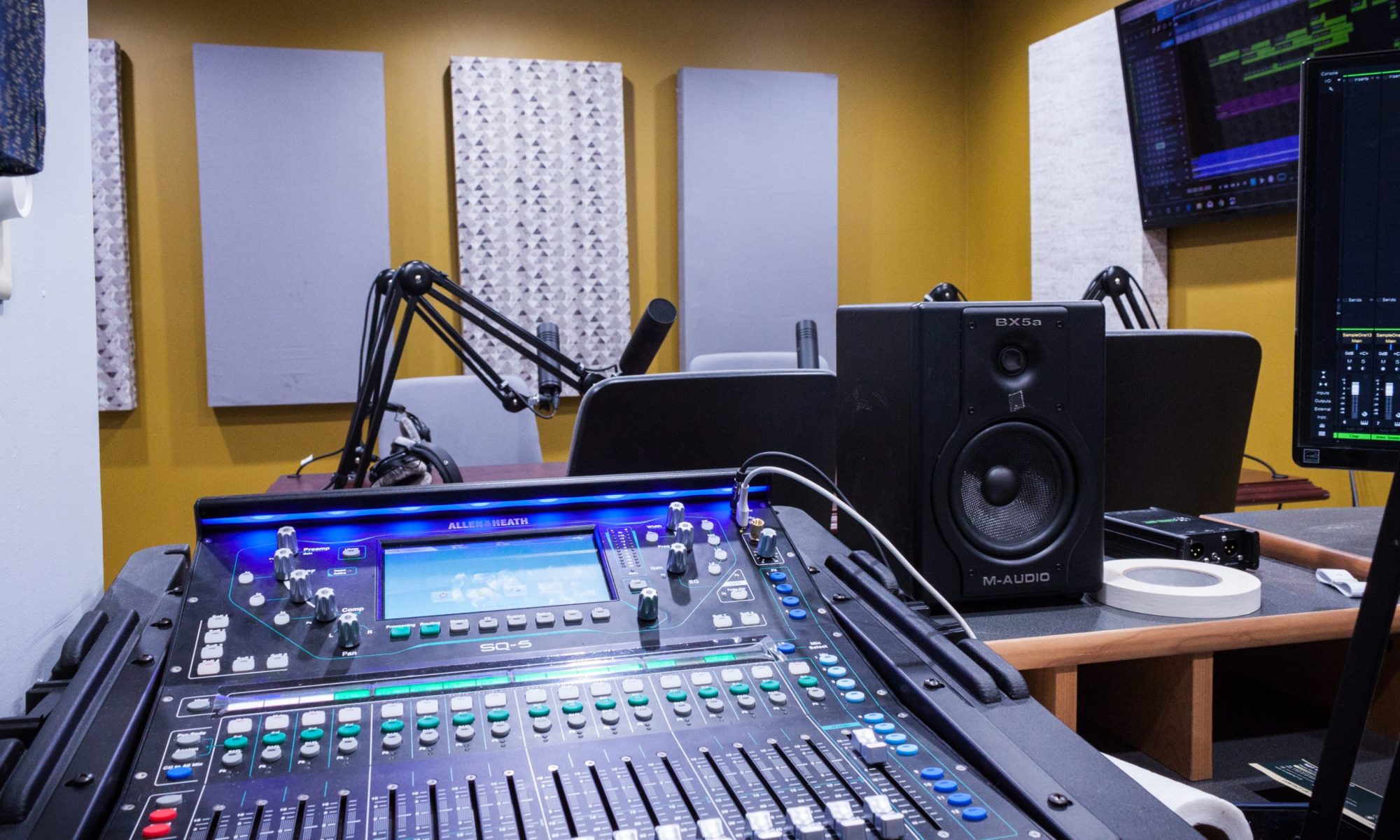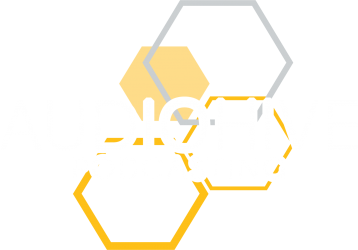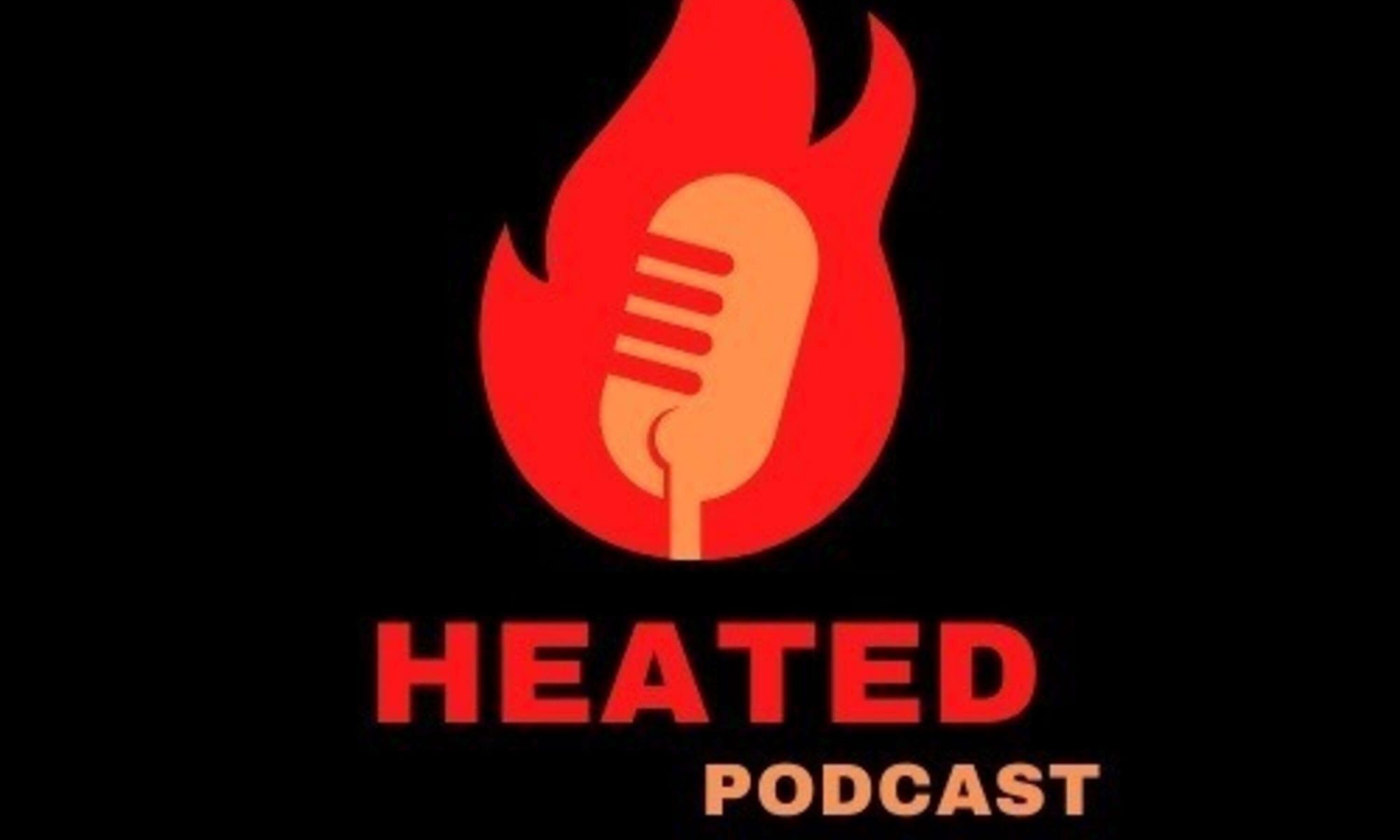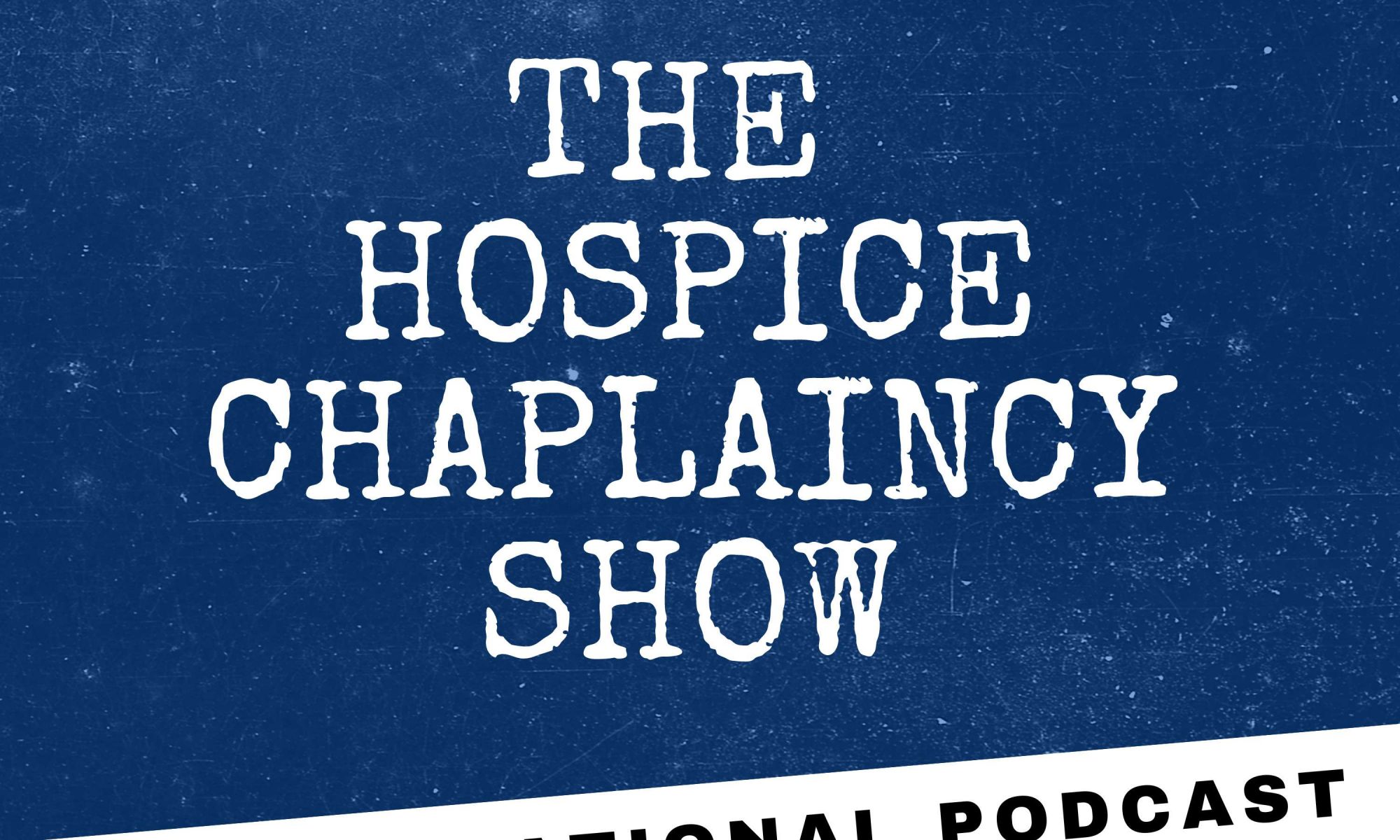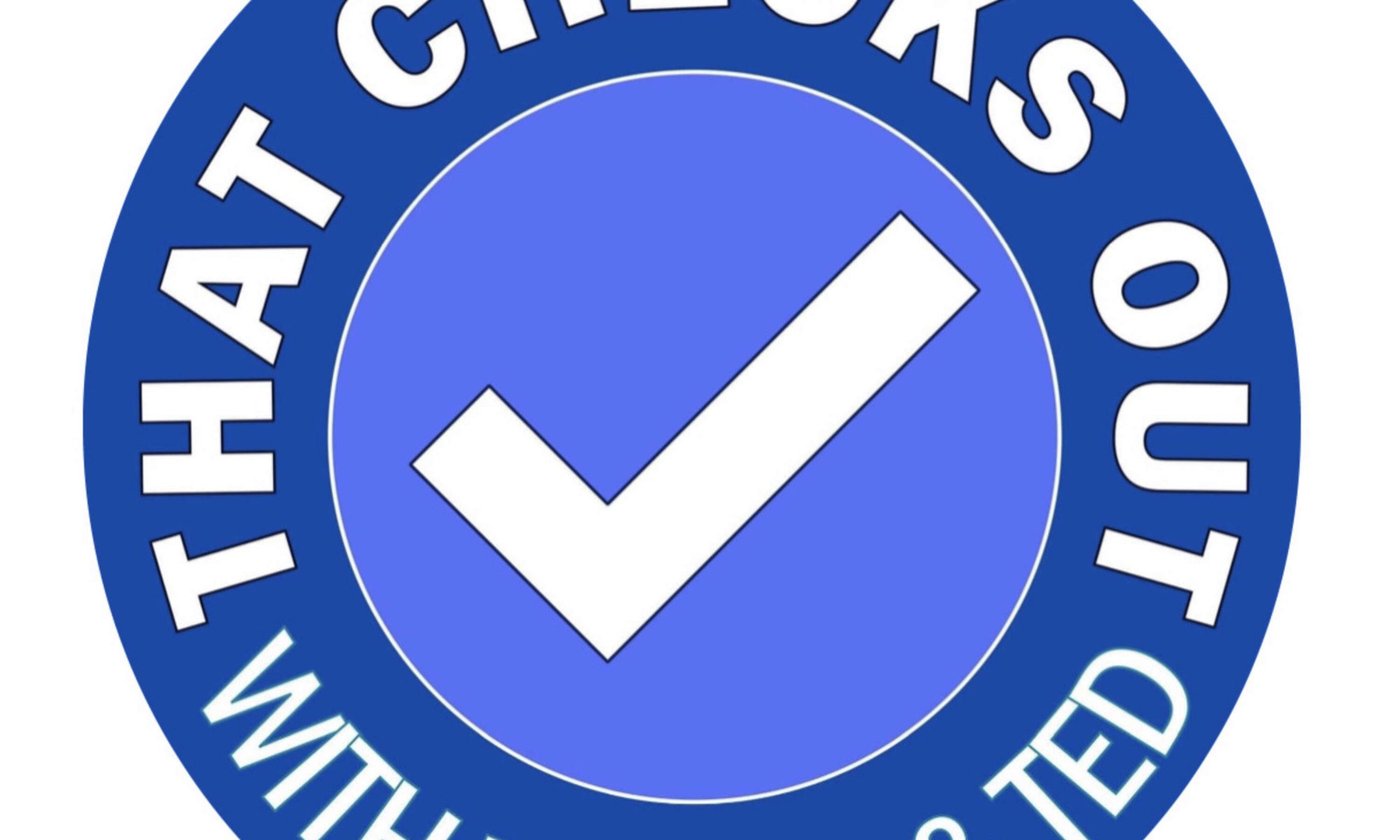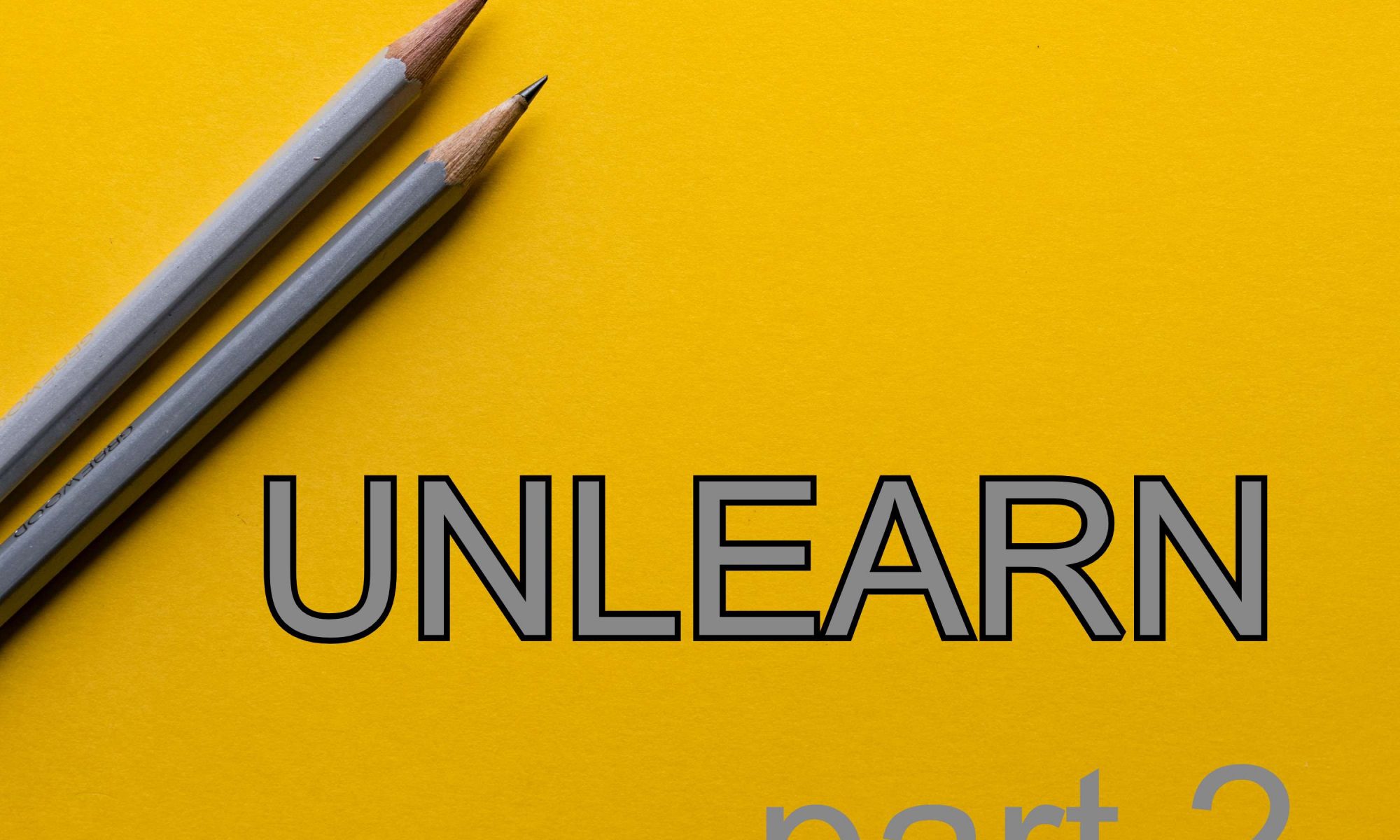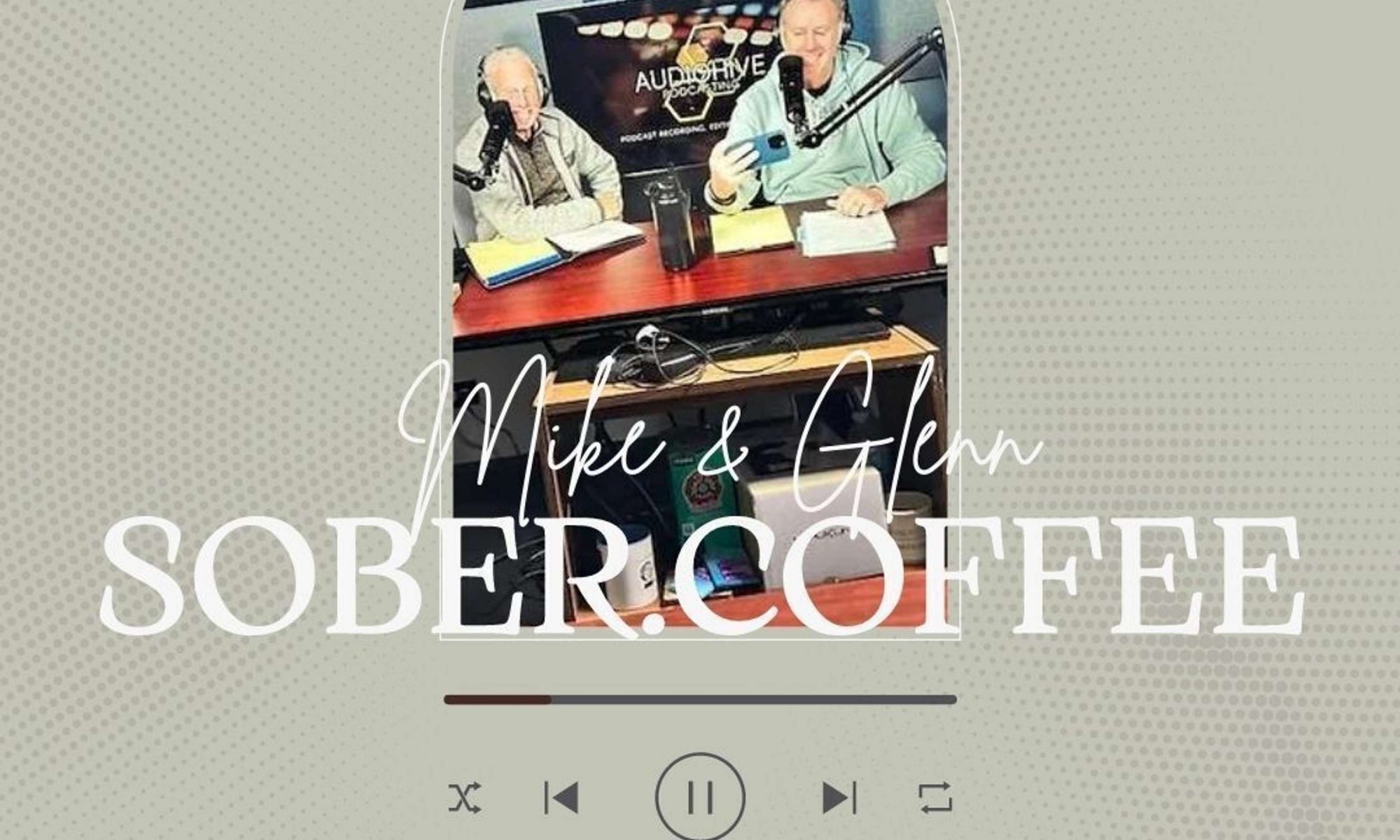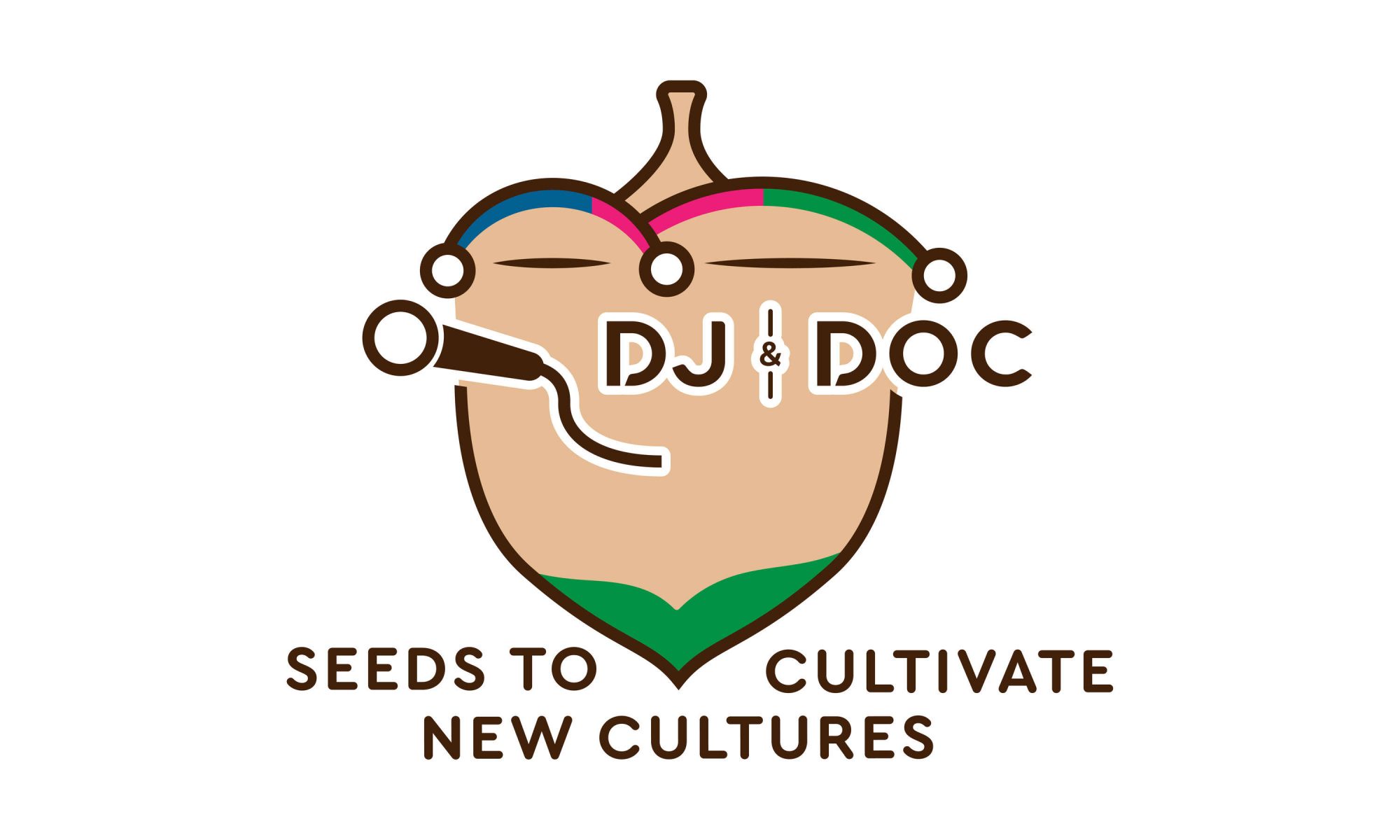This episode focuses on the power of words; and that it IS what you say, not just HOW you say it. Words can heal or words can harm. Let’s use our words wisely; let’s talk about it.
36: Lebron Hints at Retirement | HEATED EP. 36
Coffee with a Twist: Introducing SillySips
Kyle & Josh are in the coffee shop today talking Silly Sips Coffee! Friends since 7th grade, both Kyle and Josh are on their own journey to recovery. What does that have to do with coffee? When Kyle quit drinking, coffee became his go-to beverage of choice. With an opportunity to start a business with Josh, they chose coffee – and giving back.
Silly Sips Coffee donates 10% of profits to Child Mind Institute, a non-profit organization that supports kids and provides resources and tools for children who struggle with mental health such as depression, anxiety and more. It’s personal for Kyle as his struggle with alcohol began by self medicating with alcohol to curb his own anxiety. Josh as well – he admits he could have used this kind of help when he was younger.
Listen in to their story and see how the Silly Sips Coffee movement is growing!
In this episode:
Silly Sips Coffee: https://sillysipscoffee.com/
For more about this podcast:
Visit Sober.Coffee website: https://www.sober.coffee
Sober.Coffee on Instagram: https://www.instagram.com/sober.coffeepodcast/
Recorded at Audiohive Podcasting: https://www.audiohivepodcasting.com
In collaboration with Care Addiction Center: https://www.careaddiction.com
Episode 128: A conversation on Cicely Saunders’ legacy with Dr. David Clark
Dr. David Clark is Professor emeritus of Medical Sociology at the University of Glasgow’s School of Interdisciplinary Studies in Dumfries, Scotland and has wide-ranging interests in end-of-life issues in the global context.
He founded and led the Glasgow End of Life Studies Group.
He is an Adjunct Professor at the University of Southern Denmark, and a Visiting Researcher at the University of Navarra, Spain.
“Roger doesn’t do… stairs…”
The guys discuss how the street value of a kidney is far greater than you’d ever imagine, when a single T and a double L does not guarantee an expedited check-in, and why the roofs of orphanages have become the most sought after real estate in the billionaire community.
instagram.com/thatchecksoutwdt
facebook.com/thatchecksoutwithdamonandted
Recorded at Audiohive Podcasting
Hosted on Transistor.fm
16: Unlearn Part 2
In this “part two” of a three-part series, Mike and Glenn continue breaking down the things they had to UNLEARN as they further explore a relationship with God.
Usher Raymond Must Be Stopped? | Blackstreet Boys Show Episode 58
DISCORD: https://discord.gg/UTnCxNBDTV
Every product you need to start a professional podcast/YouTube:
Podcast Machine: https://amzn.to/3GqMHTE
Microphones: https://amzn.to/3GpjSac
Camera (Don't be afraid to buy used for MUCH cheaper): https://amzn.to/3ZpqnSP
Lens (Can also buy used): https://amzn.to/3jX8Ilk
Studio lights: https://amzn.to/3vNek4h
TWITCH:
Brandon: https://www.Twitch.tv/RangeBrotha
Rob: https://www.twitch.tv/budabearr
PATREON: https://www.patreon.com/blackstreetboys
DISCORD: https://discord.gg/UTnCxNBDTV
Apple Podcasts: https://podcasts.apple.com/us/podcast/blackstreet-boys-podcast-🎙/id1628730038
Anchor: https://anchor.fm/bsb2
Listen on Spotify: https://open.spotify.com/show/3eFSPmo06i4dg3WMNiGhAy
Amazon Music: https://music.amazon.com/podcasts/64dc4ab7-79fe-4798-b67d-086327bf036e/blackstreet-boys-podcast-%F0%9F%8E%99
Podcast Linktree: https://linktr.ee/bsbpod
Brandon: IG- https://www.instagram.com/brandonkeithj/
All other socials: https://linktr.ee/brandonkeith
DJ: IG – https://www.instagram.com/doeboii66/
All other socials: https://linktr.ee/doeboii66
Rob: IG – https://www.instagram.com/drippyrob.pgr/
Semaj : IG – https://www.instagram.com/majmandamenace/
R.E.S.P.E.C.T. and the 13th Step
What is the 13th step of AA? It’s not a positive next step after #12, in fact it’s a bad rep for AA. Mike & Glenn discuss the 13th step, bad behavior in AA, and steps to avoid it starting with building a wall or a healthy boundary around your sober zone.
For more about this podcast:
Visit Sober.Coffee website: https://www.sober.coffee
Sober.Coffee on Instagram: https://www.instagram.com/sober.coffeepodcast/
Recorded at Audiohive Podcasting: https://www.audiohivepodcasting.com
In collaboration with Care Addiction Center: https://www.careaddiction.com
32: Episode 32 “Sitting On The Bench”
“If you had said it that way, I might have been on board.”
The guys discuss how sometimes “taking your kid to work day” can go down in flames, when drinking with ceramic squirrels may be hazardous to your health, and why a burning perineum could only mean you need a candy bar.
instagram.com/thatchecksoutwdt
facebook.com/thatchecksoutwithdamonandted
Recorded at Audiohive Podcasting
Hosted on Transistor.fm
